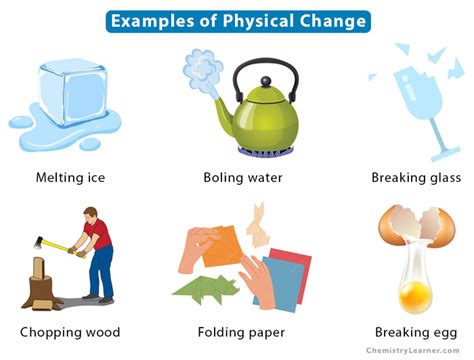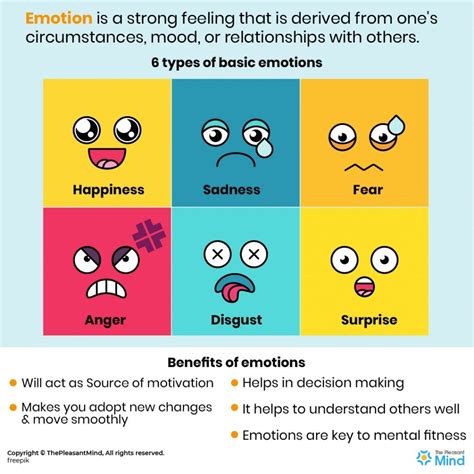Intro
Discover a comprehensive Pregnancy First Trimester Guide, covering early signs, symptoms, and prenatal care, to ensure a healthy pregnancy journey, including nutrition, exercise, and fetal development, for a smooth first trimester experience.
The first trimester of pregnancy is a critical period of development for the fetus, and it is essential for expectant mothers to understand the physical and emotional changes they may experience during this time. The first trimester spans from week 1 to week 12 of pregnancy, and it is a period of rapid growth and development for the fetus. During this time, the fetus's major organs and body systems begin to form, and the mother's body undergoes significant changes to support the growing fetus.
As the fetus grows and develops, the mother may experience a range of physical symptoms, including morning sickness, fatigue, and breast tenderness. These symptoms can vary in severity from woman to woman and may be influenced by a range of factors, including hormonal changes, nutritional deficiencies, and overall health. Despite the challenges of the first trimester, many women find this period to be an exciting and emotional time, as they begin to adjust to the idea of becoming a mother.
Understanding the physical and emotional changes that occur during the first trimester can help expectant mothers navigate this critical period with confidence and prepare for the arrival of their baby. Whether you are a first-time mother or have experienced pregnancy before, the first trimester is a unique and special time that requires careful attention to your physical and emotional well-being. By staying informed and taking proactive steps to manage your health, you can help ensure a healthy pregnancy and a positive outcome for you and your baby.
Physical Changes During the First Trimester

- Morning sickness: This is one of the most common symptoms of early pregnancy, and it can range in severity from mild to severe.
- Fatigue: As the body works to support the growing fetus, many women experience feelings of tiredness and exhaustion.
- Breast tenderness: Hormonal changes can cause breast tenderness and swelling, which can be uncomfortable but is usually temporary.
- Frequent urination: As the uterus expands, it can put pressure on the bladder, leading to more frequent trips to the bathroom.
- Mood swings: Hormonal fluctuations can cause emotional changes, including mood swings, irritability, and anxiety.
Managing Physical Symptoms
While the physical symptoms of the first trimester can be challenging, there are several strategies that women can use to manage their discomfort and stay healthy. Some tips for managing physical symptoms include:- Eating small, frequent meals to help manage morning sickness
- Staying hydrated by drinking plenty of water
- Getting plenty of rest and taking naps when needed
- Engaging in gentle exercise, such as walking or prenatal yoga, to help reduce fatigue and improve mood
- Practicing relaxation techniques, such as deep breathing or meditation, to help manage stress and anxiety
Emotional Changes During the First Trimester

- Emotional swings: Hormonal fluctuations can cause mood swings, irritability, and emotional reactivity.
- Anxiety and worry: Women may worry about the health of their baby, their ability to be a good mother, and the impact of pregnancy on their relationships and daily life.
- Excitement and anticipation: Many women feel excited and eager to meet their baby and start their new role as a mother.
- Fear and uncertainty: Women may fear the unknown, including the birth process, parenting, and the potential challenges of motherhood.
Supporting Emotional Well-being
While emotional changes can be challenging, there are several strategies that women can use to support their emotional well-being during the first trimester. Some tips for supporting emotional well-being include:- Talking to a partner, family, or friends about feelings and concerns
- Joining a pregnancy support group or online community to connect with other expectant mothers
- Practicing self-care, such as getting enough rest, eating a healthy diet, and engaging in activities that bring joy and relaxation
- Seeking professional help, such as counseling or therapy, if emotional symptoms are severe or persistent
Prenatal Care During the First Trimester

- Regular check-ups: Women should schedule regular check-ups with their healthcare provider to monitor their health and the health of their baby.
- Ultrasound exams: Ultrasound exams can be used to confirm pregnancy, determine gestational age, and monitor fetal development.
- Blood tests: Blood tests can be used to check for infections, anemia, and other health conditions that may affect the pregnancy.
- Nutrition and lifestyle counseling: Healthcare providers can offer guidance on healthy eating, exercise, and lifestyle habits to support a healthy pregnancy.
Importance of Prenatal Care
Prenatal care is crucial during the first trimester, as it can help identify potential complications and ensure the best possible outcome for the mother and baby. Some reasons why prenatal care is important include:- Early detection of health problems: Prenatal care can help identify health problems, such as gestational diabetes or high blood pressure, which can be managed with proper treatment.
- Prevention of complications: Prenatal care can help prevent complications, such as preterm labor or low birth weight, by identifying risk factors and providing guidance on healthy habits.
- Support and guidance: Prenatal care provides expectant mothers with support and guidance, helping them navigate the challenges of pregnancy and prepare for motherhood.
Nutrition and Lifestyle During the First Trimester

- Eating a balanced diet: A healthy diet should include a variety of fruits, vegetables, whole grains, lean proteins, and healthy fats.
- Staying hydrated: Drinking plenty of water is essential for staying hydrated and supporting fetal development.
- Avoiding harmful substances: Women should avoid substances, such as tobacco, alcohol, and illicit drugs, which can harm the fetus.
- Getting enough rest: Getting enough rest and taking naps when needed can help support physical and emotional well-being.
Healthy Habits
Developing healthy habits during the first trimester can help support a healthy pregnancy and a positive outcome for the mother and baby. Some healthy habits to consider include:- Engaging in regular exercise, such as walking or prenatal yoga
- Practicing stress-reducing techniques, such as meditation or deep breathing
- Getting enough sleep and taking naps when needed
- Avoiding unhealthy habits, such as smoking or excessive caffeine consumption
Common Concerns During the First Trimester

- Miscarriage: Women may worry about the risk of miscarriage, which is highest during the first trimester.
- Birth defects: Women may worry about the risk of birth defects, which can be detected through prenatal testing.
- Pregnancy complications: Women may worry about the risk of pregnancy complications, such as preeclampsia or gestational diabetes.
Addressing Concerns
While concerns are common during the first trimester, there are several steps that women can take to address their worries and stay informed. Some tips for addressing concerns include:- Talking to a healthcare provider: Women should talk to their healthcare provider about their concerns and ask questions.
- Seeking support: Women can seek support from partners, family, friends, or support groups.
- Staying informed: Women can stay informed about pregnancy and childbirth by reading books, articles, and online resources.
What are the most common symptoms of the first trimester?
+The most common symptoms of the first trimester include morning sickness, fatigue, breast tenderness, frequent urination, and mood swings.
How can I manage morning sickness during the first trimester?
+Women can manage morning sickness by eating small, frequent meals, staying hydrated, and avoiding triggers such as strong smells or spicy foods.
What are the benefits of prenatal care during the first trimester?
+Prenatal care during the first trimester can help identify potential complications, provide guidance and support, and ensure the best possible outcome for the mother and baby.
As you navigate the first trimester, remember that you are not alone. Many women have experienced the same physical and emotional changes, and there are resources available to support you every step of the way. By staying informed, seeking support, and taking proactive steps to manage your health, you can help ensure a healthy pregnancy and a positive outcome for you and your baby. We invite you to share your experiences, ask questions, and seek guidance from our community of expectant mothers and healthcare professionals. Together, we can support each other and celebrate the journey of pregnancy and motherhood.
